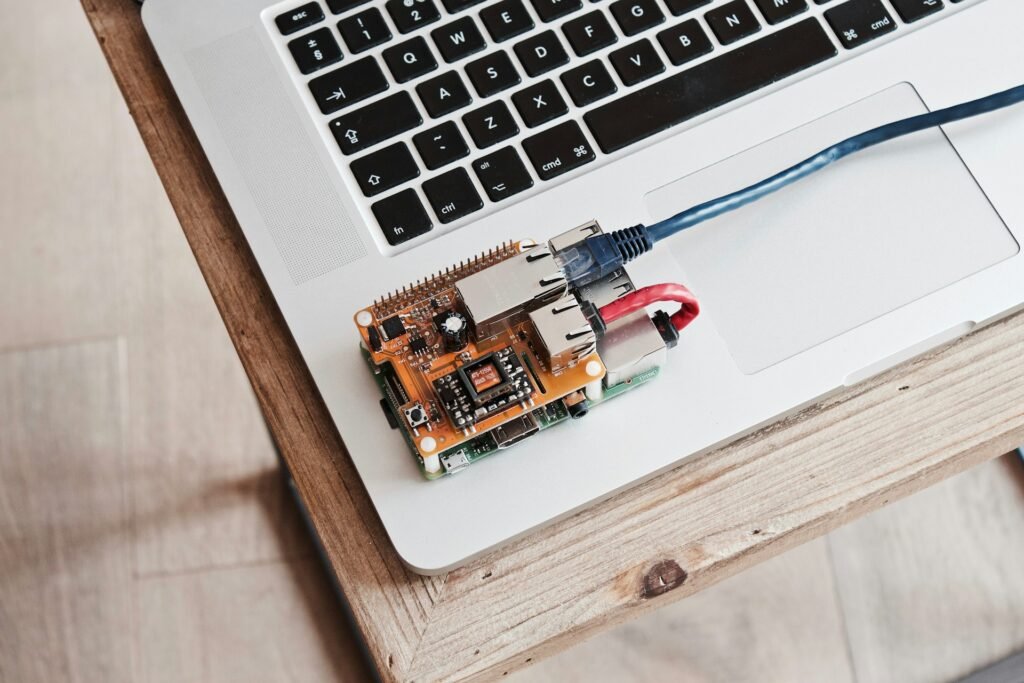The Rise of the Internet of Things (IoT)
The Internet of Things (IoT) has become a buzzword in recent years, and for good reason. It refers to the network of physical devices, vehicles, appliances, and other objects embedded with sensors, software, and connectivity, which allows them to connect and exchange data.With the rapid advancement of technology, IoT has the potential to transform the way we live and work. From smart homes to smart cities, IoT is revolutionizing various industries and sectors, making our lives more convenient and efficient.
How Does IoT Work?
At its core, IoT relies on the interconnection of devices through the internet. These devices, often referred to as “smart” devices, are equipped with sensors and actuators that collect and transmit data. This data is then analyzed and used to automate processes, make informed decisions, and improve overall efficiency.
The Impact of IoT
The impact of IoT is far-reaching and has the potential to transform various industries. Here are a few examples:
Healthcare
In the healthcare industry, IoT has the potential to improve patient care and outcomes. IoT devices can monitor patients’ vital signs, track medication adherence, and provide real-time data to healthcare professionals. This allows for early detection of health issues and more personalized treatment plans.
Manufacturing
In the manufacturing sector, IoT can enhance productivity and efficiency. By connecting machines and equipment, manufacturers can monitor performance, predict maintenance needs, and optimize production processes. This leads to reduced downtime, increased operational efficiency, and cost savings.
Transportation
IoT is transforming the transportation industry, making it smarter and more efficient. Connected vehicles can communicate with each other and with infrastructure, enabling real-time traffic updates, optimized routes, and improved safety measures. Additionally, IoT can facilitate the development of autonomous vehicles, revolutionizing the way we travel.
The Challenges of IoT
While the potential benefits of IoT are immense, there are also challenges that need to be addressed:
Security
With the increasing number of connected devices, security becomes a major concern. IoT devices are vulnerable to cyber-attacks, and a breach in security can have serious consequences. It is crucial to implement robust security measures to protect sensitive data and ensure the integrity of IoT systems.
Privacy
As IoT devices collect and transmit vast amounts of data, privacy becomes a concern.
Interoperability
Interoperability refers to the ability of different devices and systems to communicate and work together seamlessly. With the diverse range of IoT devices available, ensuring interoperability can be a challenge.
The Future of IoT
As technology continues to advance, the potential of IoT is only going to grow. With the advent of 5G networks, the connectivity and speed of IoT devices will increase significantly, paving the way for even more innovative applications.
Conclusion:
From smart homes to smart cities, IoT is set to revolutionize the way we live and work. However, it is important to address the challenges and concerns associated with IoT to fully harness its potential and ensure a secure and sustainable future.

